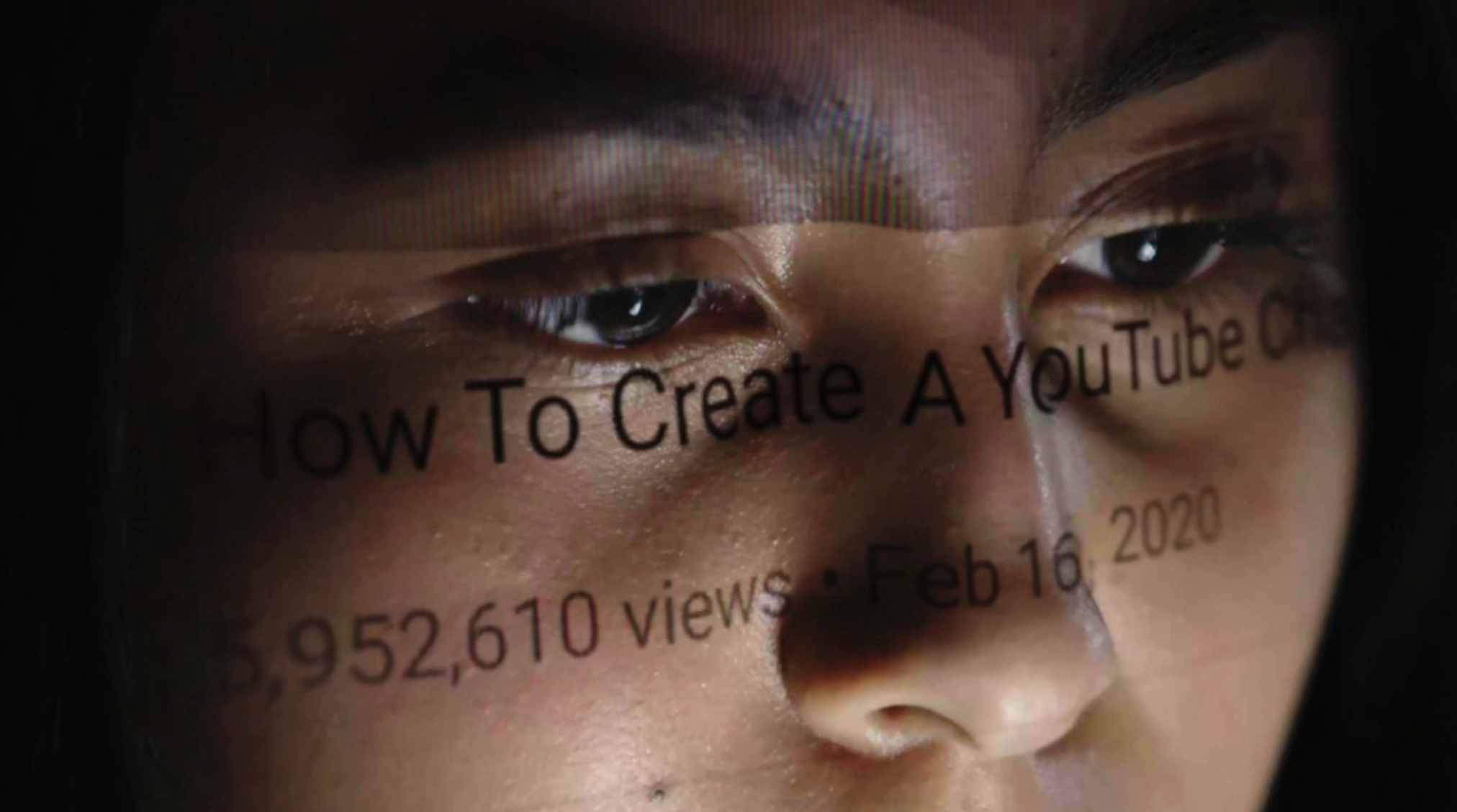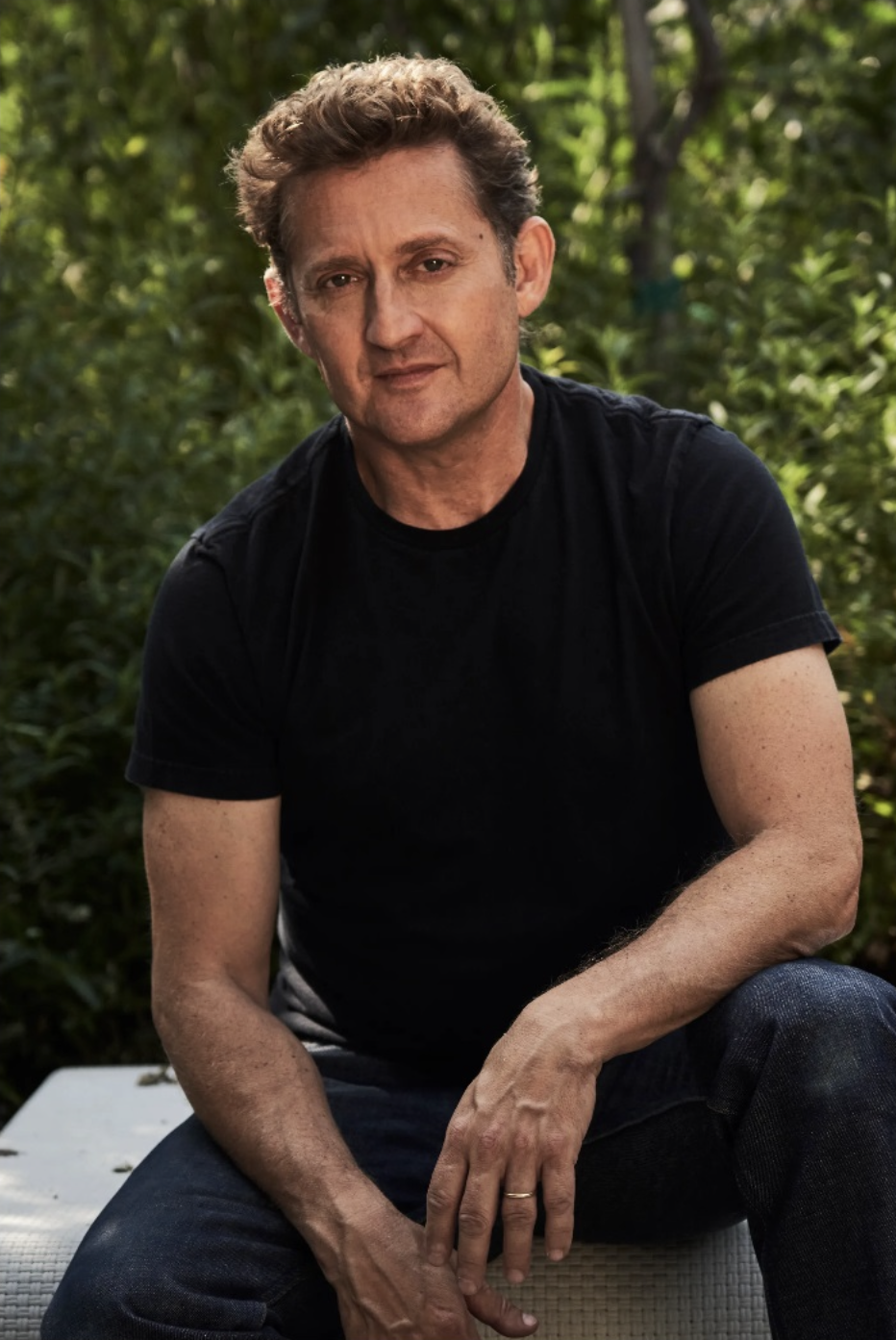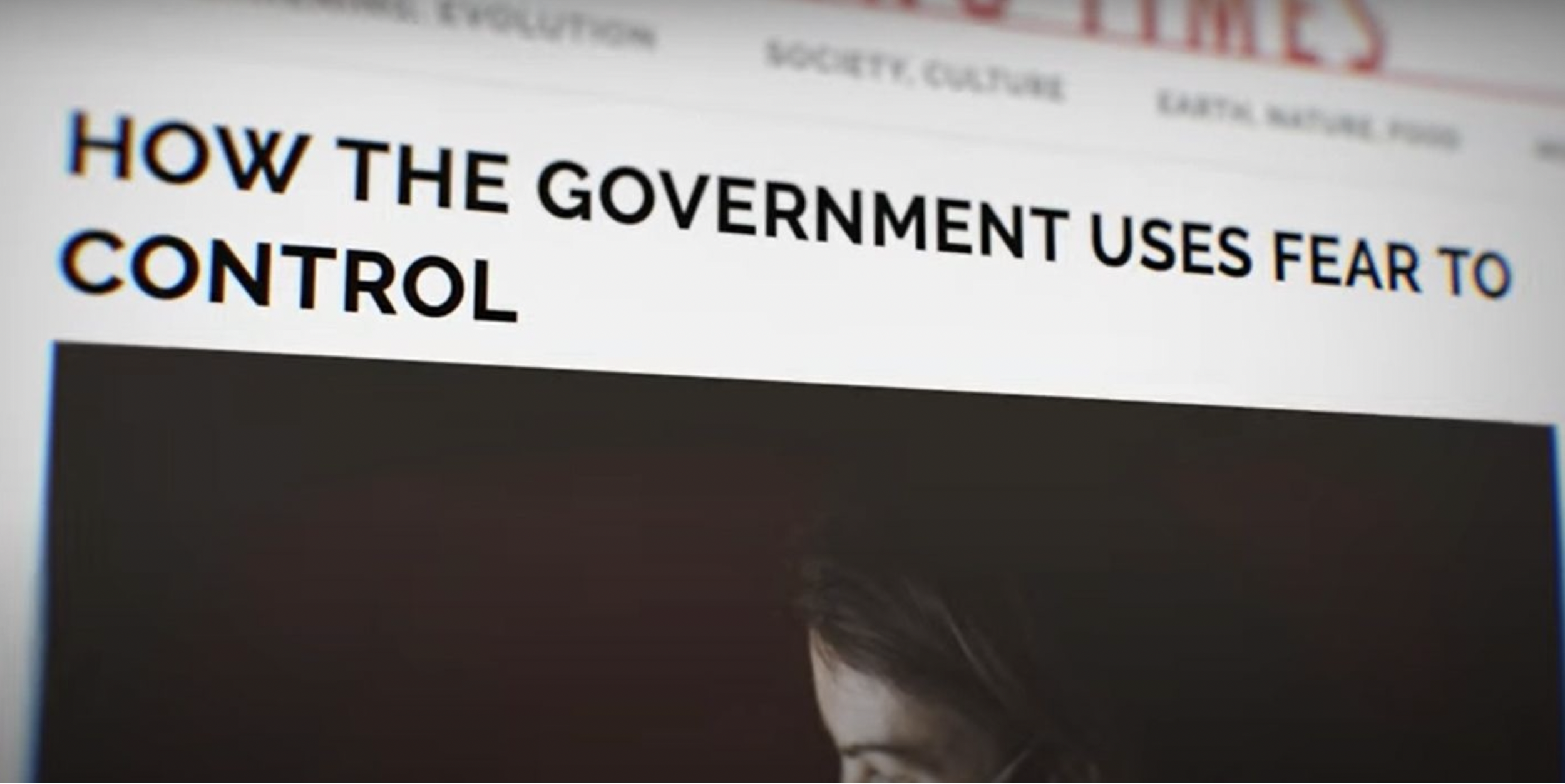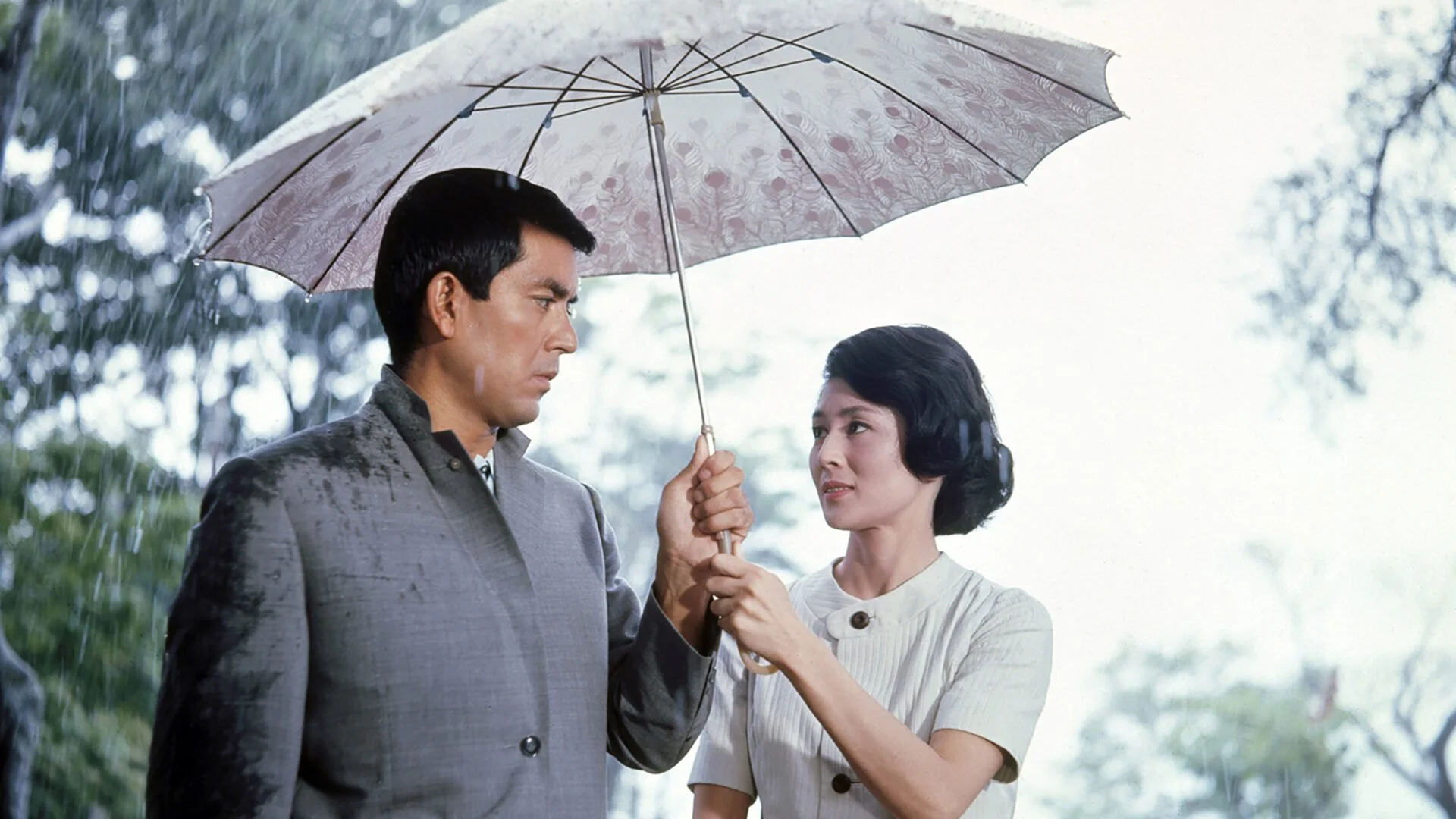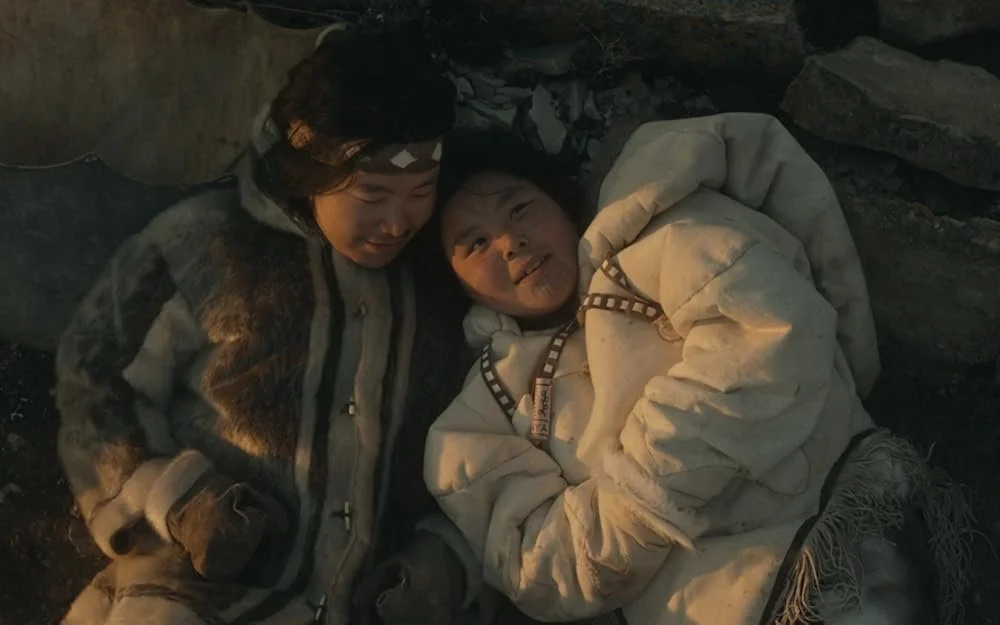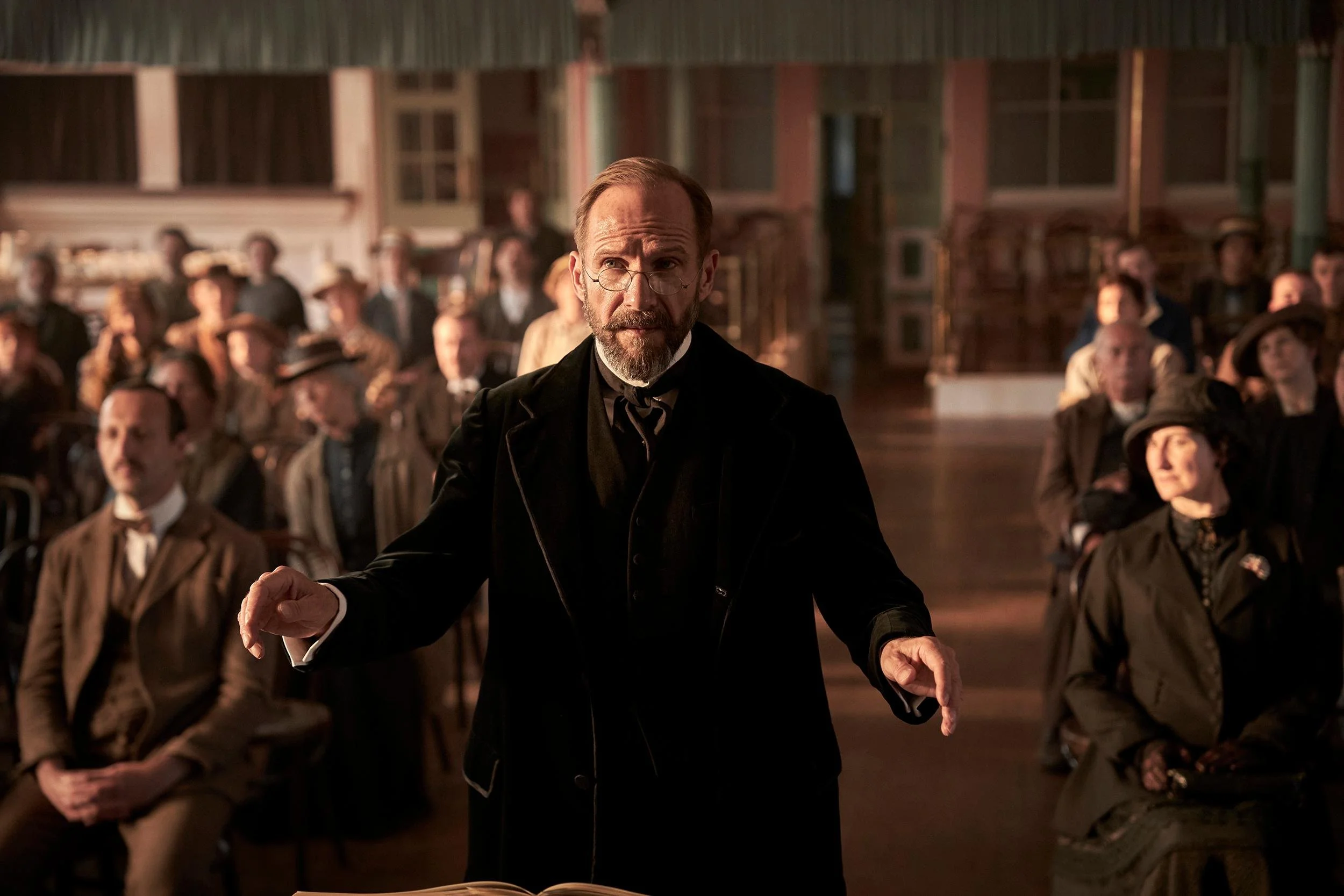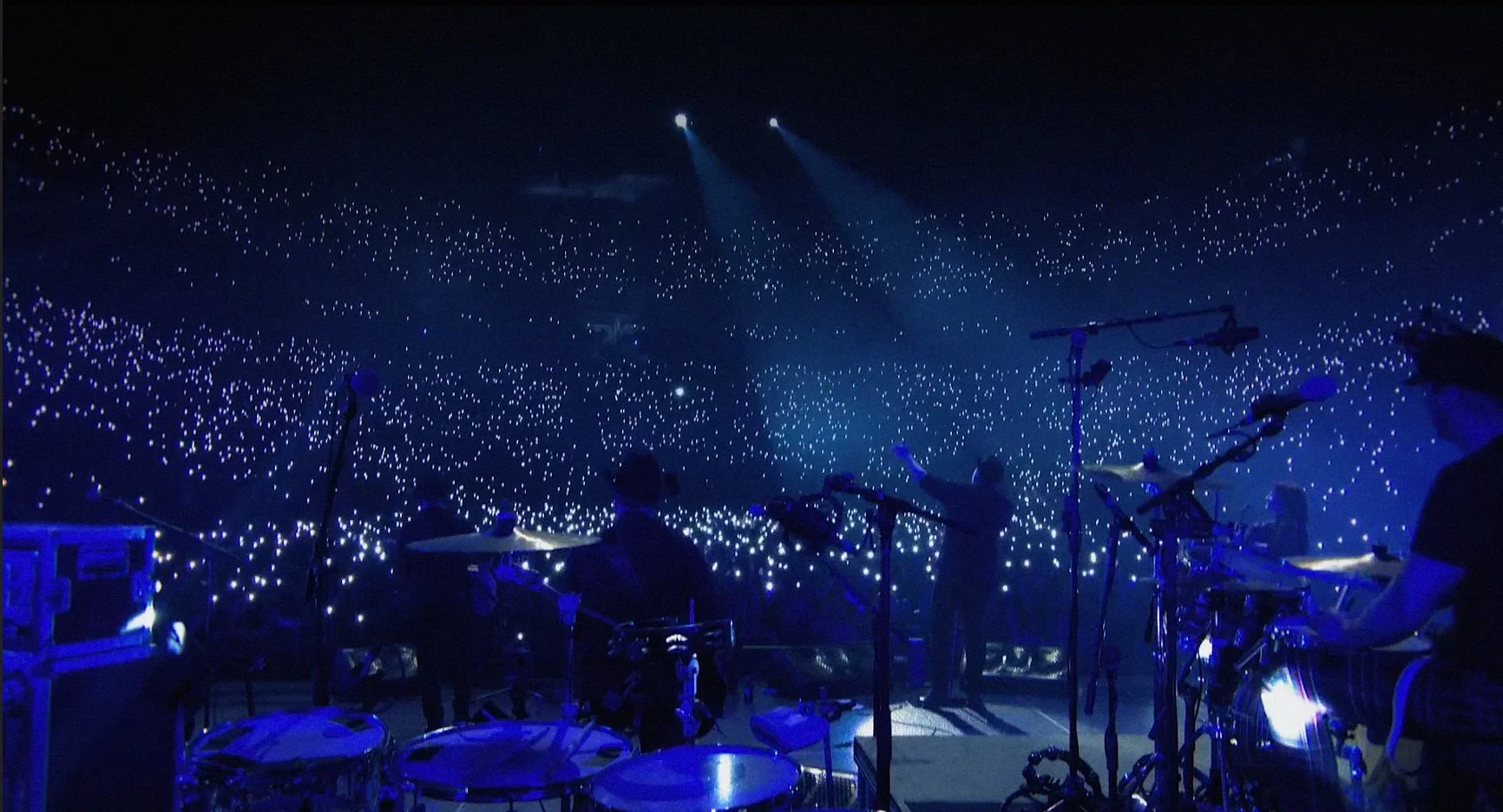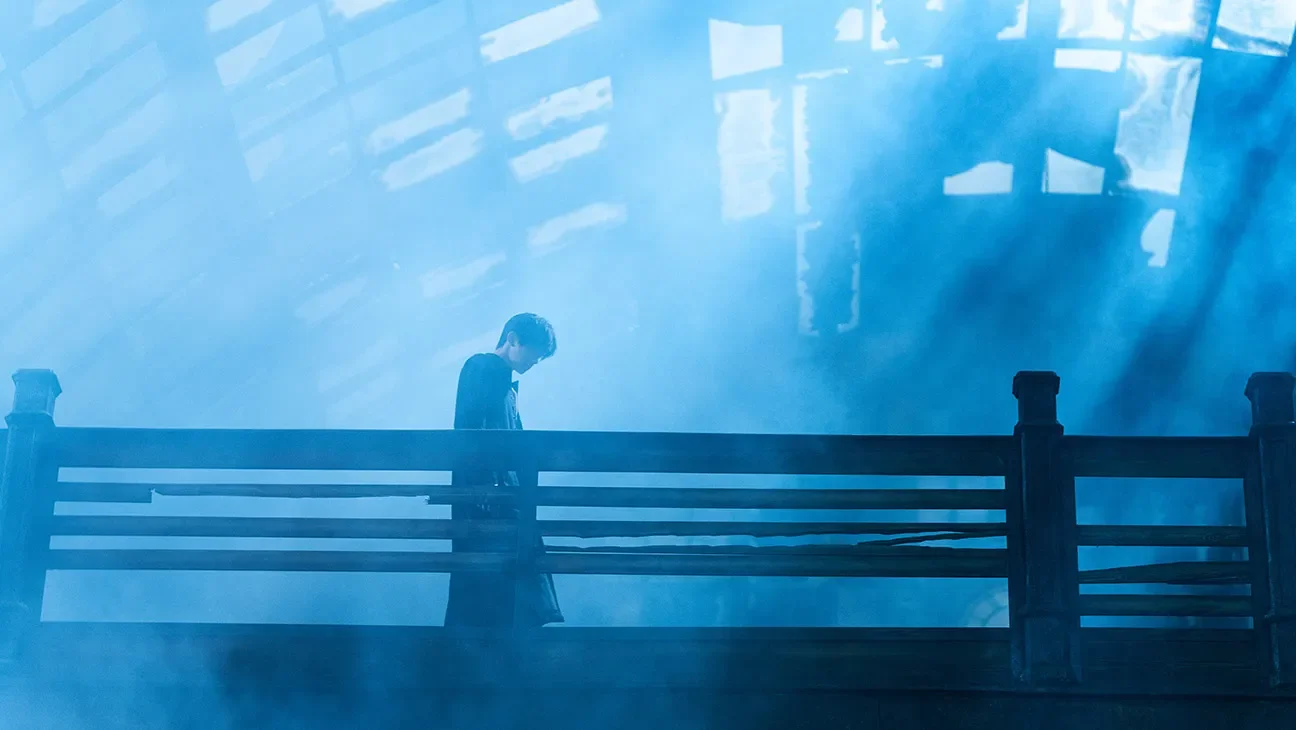At KDocsFF, The YouTube Effect explores the streaming site’s lack of regulation
Alex Winter’s documentary about the power and perils of the Google-owned tech behemoth has its Canadian premiere at the social-justice film festival
The YouTube Effect.
KDocsFF presents The YouTube Effect on February 22 at 3:45 pm at VIFF Centre’s Vancity Theatre as part of a double feature that also includes Backlash: Misogyny in the Digital Age and the fest’s opening reception
CARRIE GOLDBERG IS a high-profile U.S. lawyer who’s comfortable in that nation’s highest court and who, in her words, stops “assholes, psychos, pervs, and trolls from destroying the lives of their targets”. Much of her work involves online abuse. Given Gold’s stature, it’s especially chilling when she reflects on the influence of the corporations that rule the Internet and then some: “My greatest fear is that we all become citizens of big tech and there comes a point where they’re far more powerful than our courts or lawmakers and that they have more information than our law enforcers, and that we’re all kind of at their mercy.”
The quote is from Goldberg’s appearance as one of several compelling interview subjects in The YouTube Effect. The documentary by Alex Winter will have its Canadian premiere on the opening night of the 2023 KDocs Film Festival (KDocsFF), which focuses exclusively on films related to social justice. Produced by Winter & Trouper Productions in partnership with Gale Anne Hurd & Valhalla Entertainment and Glen Zipper, The YouTube Effect raises unsettling questions about the lack of regulation at the video-streaming site, which is owned by Google and worth more than US$350 billion.
Winter is perhaps best known as Bill from the 1989 comedy Bill and Ted’s Excellent Adventure, in which he co-starred with Keanu Reeves, and its two sequels. He has several directing credits to his name, having founded his own production company in 2006 to release his films; his directing portfolio includes the documentaries Zappa, about Frank Zappa; Showbiz Kids, which looks at the lives of child actors; and The Panama Papers, which delvs into the world’s largest global corruption scandal. Winter has turned the lens on the tech space in other projects, such as Deep Web, which dives into the online black market Silk Road and the trial of its creator, Ross Ulbricht; and Downloaded, about Napster and the digital revolution.
Alex Winter.
“I’ve been interested in this world of emerging technologies for quite some time, and it was high time that someone took a look at Google and YouTube, which are by far the largest tech platforms on the planet in terms of their reach,” Winter says in a phone interview with Stir….I was very impressed with rise of YouTube and was familiar with a lot of the good they do and a lot of the good that Google does. But I learned a lot about how much scope they have. I knew they [YouTube] were giant, but I wasn’t quite aware they were that big, folded under the umbrella of Google. It became very evident really quickly that YouTube is Google’s media front—that’s probably the most concise way of putting it.
“I think that in general with technology,” he adds, “a lot of things need to happen in terms of regulation and the equivalent of standards and practices that we have in other forms of broadcast media to protect the consumer—which does not exist right now on the Internet in any meaningful way, and it needs to….I don’t think companies are going to police themselves. Historically, we’ve ever seen that happen.”
The YouTube Effect features appearances by many individuals who are trying to make the Internet—specifically YouTube and Google—a better, safer place, people who are attempting to quell the behemoths’ fuelling of today’s “misinformation apocalypse”. YouTube has become so popular for the very same reason it is so dangerous: users can find videos about essentially everything on it. This, of course, includes content that is not just controversial but also hate-filled, harmful, conspiratorial, and radicalized. And this has only gotten worse since Google introduced the YouTube algorithm, the recommendation system that decides which videos YouTube suggests to its billions of users.
Among the people Winter interviews in The YouTube Effect is Andy Parker, father of slain journalist Alison Parker, who was killed on live TV in 2015. Despite his repeated requests, YouTube has refused to remove the video of her shooting. “Google profits massively off of lack of regulation,” Parker says in a clip in the film of his appearance before U.S. Congress. “If it cannot properly protect citizens from online harassment, hate speech, and moment-of-death videos, I call on Congress to step in and make sure that proper protections are in place for private citizens like me who are continually harassed and exploited.”
Also featured in the documentary are Caleb Cain, who describes how his search for mental-health videos took him down an alt-right rabbit hole, destroying his empathy (it was “turning me into a sociopath”, he says); video-game developer Brianna Wu, who endured graphic and credible threats of rape and murder during Gamergate; YouTube CEO Susan Wojcicki, who sees the platform as a force of good and defends the company’s practices to keep it safe; and Taipei-based YouTube co-founder Steve Chen, among many others.
The YouTube Effect.
Winter will be appearing at KDocsFF as the keynote speaker for The YouTube Effect’s screening. The film is part of a double feature, with Backlash: Misogyny in the Digital Age, and accompanies the fest’s opening reception. Backlash shares the stories of four women and one man whose lives have been particularly affected by online violence.
Following the double feature is a joint panel discussion and Q&A. Winter will take part alongside Guylaine Maroist, co-director of Backlash: Misogyny in the Digital Age; Carol Todd, the mother of Amanda Todd and founder of the Amanda Todd Legacy Society (who is also Backlash’s keynote speaker); and Avriel Epps-Darling, a PhD candidate in the Harvard Graduate School of Education. Moderating the discussion is KDocsFF founder and director Janice Morris. (Tickets to the double feature includes admission to each film, the keynote address for each film, the joint panel discussion/Q&A and the reception with one drink ticket.)
KDocsFF—which runs from February 22 to 26—is offering four other double features this year, including two that focus on Indigenous history, rights, governance, stewardship, and resistance. (See more here.) The fest’s double features and joint panels/Q&As, Morris says, give the festival the unique opportunity to emphasize the primacy of discussion, collaboration, and community-based solution-building as much as the films themselves.
“I feel strongly that certain films in the lineup speak to each other and inform each other in such vital ways that it makes sense to bring the two groups—filmmakers, film subjects, and content experts—together into joint panels for joint Q&As with our live audience,” Morris tells Stir. “I would even go so far as to suggest there is an urgency to create such collaborative spaces. Doing so will make for an even richer viewer experience, not only showcasing award-winning, world-class documentary film and activism, but opening up even more enlivened discussions about what are layered, complex issues that aren't solvable with easy answers. Difficult questions require difficult conversations. And difficult conversations need to accommodate a multiplicity of voices, from various perspectives.”
Winter is hopeful that The YouTube Effect will get more people thinking about the role that YouTube and Google play in their everyday lives, for better or for worse. “I think it’s important to lean into technology and not lean away from technology,” Winter says. “I think it’s very difficult to have a meaningful and healthy relationship with tech if there’s kind of a Frankenstein's monster attitude towards it. It’s not going anywhere.” (Quite the opposite, in fact; the film shows images of how Google is literally belting the planet with cable at the bottom of the ocean to connect remote areas together via its network.)


